Pregnancy is a time of joy and excitement, but it also comes with a list of dietary do’s and dont’s. One such topic that often sparks debate is the consumption of roasted peanuts during pregnancy. Roasted peanuts are a popular snack enjoyed by many, but are they safe for pregnant women to consume? In this comprehensive guide, we will explore the benefits, risks, and recommendations surrounding the consumption of roasted peanuts during pregnancy. ### Benefits of Roasted Peanuts in Pregnancy 1. **Rich in Nutrients**: Roasted peanuts are packed with essential nutrients such as protein, fiber, vitamins, and minerals. These nutrients are vital for the healthy development of the fetus and can help support the overall health of the mother during pregnancy. 2. **Energy Boost**: Pregnancy can be tiring, and roasted peanuts can provide a quick energy boost thanks to their high protein and healthy fat content. This can be particularly beneficial for pregnant women experiencing fatigue. 3. **Folate**: Peanuts are a good source of folate, a B vitamin that is crucial for preventing neural tube defects in the developing fetus. Adequate folate intake is important in the early stages of pregnancy to support proper spinal cord and brain development.
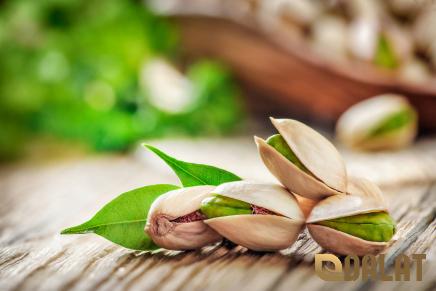
.
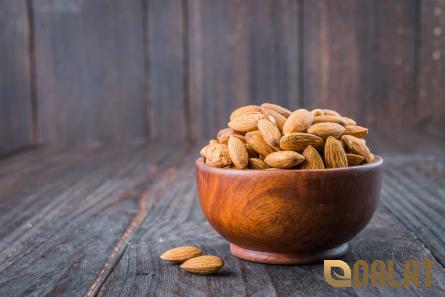 4. **Heart Health**: The monounsaturated fats found in peanuts can help promote heart health by reducing bad cholesterol levels. This can be beneficial for pregnant women who may be at a higher risk of developing heart-related issues during pregnancy. 5. **Bone Health**: Peanuts are a good source of magnesium, which is essential for bone health. Adequate magnesium intake during pregnancy can help support the development of the baby’s bones and teeth. ### Risks of Roasted Peanuts in Pregnancy While roasted peanuts offer several nutritional benefits, there are also some risks associated with their consumption during pregnancy. 1. **Allergies**: Peanuts are one of the most common food allergens, and allergic reactions can be severe, even life-threatening. If you have a history of peanut allergies or allergic reactions to other nuts, it is best to avoid roasted peanuts during pregnancy to prevent any potential allergic reactions in both the mother and the baby. 2. **Contamination**: Roasted peanuts can sometimes be contaminated with mold, which can produce toxins that are harmful to both the mother and the baby. It is essential to ensure that the roasted peanuts you consume are fresh and free from any signs of mold or contamination. 3. **Weight Gain**: While roasted peanuts can be a healthy snack in moderation, overconsumption can lead to excessive weight gain during pregnancy. This can increase the risk of gestational diabetes, high blood pressure, and other complications. 4. **Sodium Content**: Some roasted peanuts may be high in sodium, which can contribute to water retention and high blood pressure. Pregnant women are already at an increased risk of developing high blood pressure, so it is important to monitor sodium intake from roasted peanuts and other sources.
4. **Heart Health**: The monounsaturated fats found in peanuts can help promote heart health by reducing bad cholesterol levels. This can be beneficial for pregnant women who may be at a higher risk of developing heart-related issues during pregnancy. 5. **Bone Health**: Peanuts are a good source of magnesium, which is essential for bone health. Adequate magnesium intake during pregnancy can help support the development of the baby’s bones and teeth. ### Risks of Roasted Peanuts in Pregnancy While roasted peanuts offer several nutritional benefits, there are also some risks associated with their consumption during pregnancy. 1. **Allergies**: Peanuts are one of the most common food allergens, and allergic reactions can be severe, even life-threatening. If you have a history of peanut allergies or allergic reactions to other nuts, it is best to avoid roasted peanuts during pregnancy to prevent any potential allergic reactions in both the mother and the baby. 2. **Contamination**: Roasted peanuts can sometimes be contaminated with mold, which can produce toxins that are harmful to both the mother and the baby. It is essential to ensure that the roasted peanuts you consume are fresh and free from any signs of mold or contamination. 3. **Weight Gain**: While roasted peanuts can be a healthy snack in moderation, overconsumption can lead to excessive weight gain during pregnancy. This can increase the risk of gestational diabetes, high blood pressure, and other complications. 4. **Sodium Content**: Some roasted peanuts may be high in sodium, which can contribute to water retention and high blood pressure. Pregnant women are already at an increased risk of developing high blood pressure, so it is important to monitor sodium intake from roasted peanuts and other sources.
..
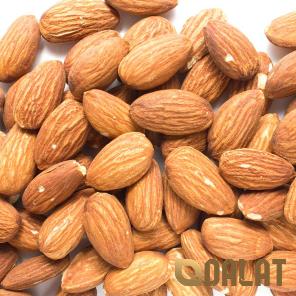 ### Recommendations for Consuming Roasted Peanuts During Pregnancy 1. **Moderation**: As with any food during pregnancy, moderation is key. Enjoying roasted peanuts as an occasional snack can provide nutritional benefits without overloading on calories, fats, or sodium. 2. **Quality**: Choose high-quality roasted peanuts from reputable sources to ensure they are fresh and free from contaminants. Avoid peanuts that appear moldy or have an off odor. 3. **Allergies**: If you have a history of peanut allergies or are unsure about potential allergic reactions, it is best to avoid roasted peanuts altogether. Consult with your healthcare provider for alternative sources of nutrients. 4. **Homemade Roasted Peanuts**: Consider making your own roasted peanuts at home to control the ingredients and ensure they are fresh and free from any contaminants. This way, you can enjoy the nutritional benefits of peanuts without the risks associated with store-bought varieties. 5. **Consult Your Healthcare Provider**: If you have any concerns or questions about consuming roasted peanuts during pregnancy, it is always best to consult with your healthcare provider. They can provide personalized recommendations based on your individual health status and dietary needs. ### Conclusion In conclusion, roasted peanuts can be a nutritious snack option for pregnant women when consumed in moderation and with attention to quality. They are rich in essential nutrients that support the health of both the mother and the developing fetus. However, it is important to be aware of the risks associated with peanut consumption, such as allergies and potential contaminants. By following the recommendations outlined in this guide and consulting with your healthcare provider, you can make informed decisions about including roasted peanuts in your pregnancy diet. Remember, your health and the health of your baby are the top priorities, so always prioritize safe and healthy eating habits during this special time.
### Recommendations for Consuming Roasted Peanuts During Pregnancy 1. **Moderation**: As with any food during pregnancy, moderation is key. Enjoying roasted peanuts as an occasional snack can provide nutritional benefits without overloading on calories, fats, or sodium. 2. **Quality**: Choose high-quality roasted peanuts from reputable sources to ensure they are fresh and free from contaminants. Avoid peanuts that appear moldy or have an off odor. 3. **Allergies**: If you have a history of peanut allergies or are unsure about potential allergic reactions, it is best to avoid roasted peanuts altogether. Consult with your healthcare provider for alternative sources of nutrients. 4. **Homemade Roasted Peanuts**: Consider making your own roasted peanuts at home to control the ingredients and ensure they are fresh and free from any contaminants. This way, you can enjoy the nutritional benefits of peanuts without the risks associated with store-bought varieties. 5. **Consult Your Healthcare Provider**: If you have any concerns or questions about consuming roasted peanuts during pregnancy, it is always best to consult with your healthcare provider. They can provide personalized recommendations based on your individual health status and dietary needs. ### Conclusion In conclusion, roasted peanuts can be a nutritious snack option for pregnant women when consumed in moderation and with attention to quality. They are rich in essential nutrients that support the health of both the mother and the developing fetus. However, it is important to be aware of the risks associated with peanut consumption, such as allergies and potential contaminants. By following the recommendations outlined in this guide and consulting with your healthcare provider, you can make informed decisions about including roasted peanuts in your pregnancy diet. Remember, your health and the health of your baby are the top priorities, so always prioritize safe and healthy eating habits during this special time.
…
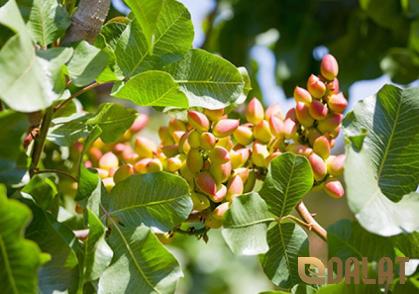 6. **Alternative Options**: If you are cautious about consuming roasted peanuts during pregnancy, there are several alternative nut and seed options that can provide similar nutritional benefits. Almonds, walnuts, cashews, and sunflower seeds are all excellent sources of protein, healthy fats, and essential nutrients that can support a healthy pregnancy. 7. **Roasted Peanut Products**: Be mindful of roasted peanut products that may contain additional ingredients such as salt, sugar, or preservatives. Opt for plain roasted peanuts or products with minimal added ingredients to ensure you are getting the most nutritional value without unnecessary additives. 8. **Pairing with Other Foods**: Consider incorporating roasted peanuts into balanced meals or snacks by pairing them with fruits, vegetables, whole grains, or dairy products. This can help create a well-rounded and satisfying snack that provides a mix of nutrients for you and your baby. 9. **Listen to Your Body**: Every pregnancy is unique, and what works for one person may not work for another. Pay attention to how your body reacts to roasted peanuts or any other foods during pregnancy. If you experience any adverse reactions or discomfort after consuming roasted peanuts, it may be best to avoid them altogether. 10. **Postpartum Considerations**: While the focus of this article is on consuming roasted peanuts during pregnancy, it is also important to consider postpartum factors. If you are breastfeeding, be mindful of your peanut consumption as some infants may be sensitive to peanut proteins through breastmilk. Consult with a lactation consultant or healthcare provider if you have any concerns about peanuts and breastfeeding.
6. **Alternative Options**: If you are cautious about consuming roasted peanuts during pregnancy, there are several alternative nut and seed options that can provide similar nutritional benefits. Almonds, walnuts, cashews, and sunflower seeds are all excellent sources of protein, healthy fats, and essential nutrients that can support a healthy pregnancy. 7. **Roasted Peanut Products**: Be mindful of roasted peanut products that may contain additional ingredients such as salt, sugar, or preservatives. Opt for plain roasted peanuts or products with minimal added ingredients to ensure you are getting the most nutritional value without unnecessary additives. 8. **Pairing with Other Foods**: Consider incorporating roasted peanuts into balanced meals or snacks by pairing them with fruits, vegetables, whole grains, or dairy products. This can help create a well-rounded and satisfying snack that provides a mix of nutrients for you and your baby. 9. **Listen to Your Body**: Every pregnancy is unique, and what works for one person may not work for another. Pay attention to how your body reacts to roasted peanuts or any other foods during pregnancy. If you experience any adverse reactions or discomfort after consuming roasted peanuts, it may be best to avoid them altogether. 10. **Postpartum Considerations**: While the focus of this article is on consuming roasted peanuts during pregnancy, it is also important to consider postpartum factors. If you are breastfeeding, be mindful of your peanut consumption as some infants may be sensitive to peanut proteins through breastmilk. Consult with a lactation consultant or healthcare provider if you have any concerns about peanuts and breastfeeding.
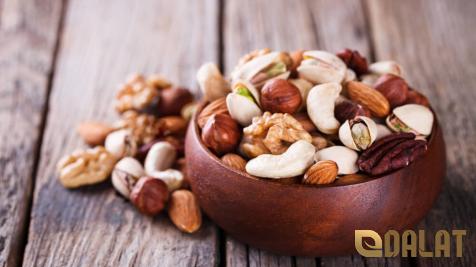
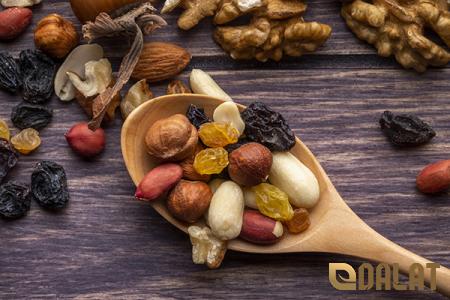
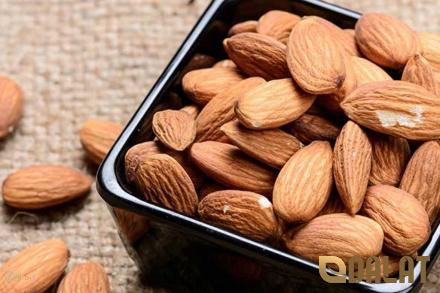
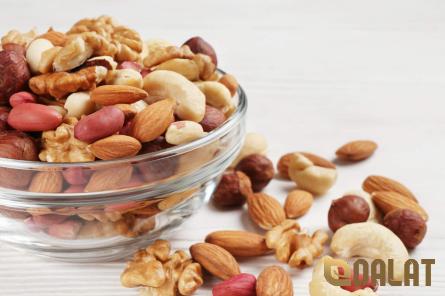
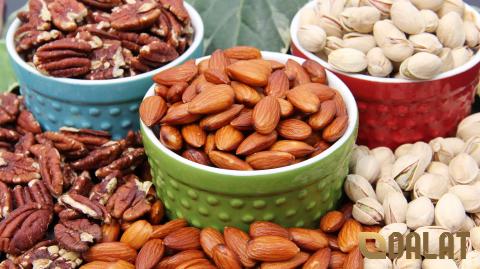
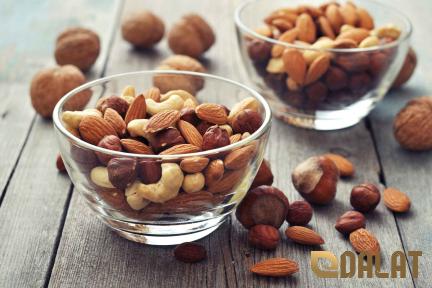
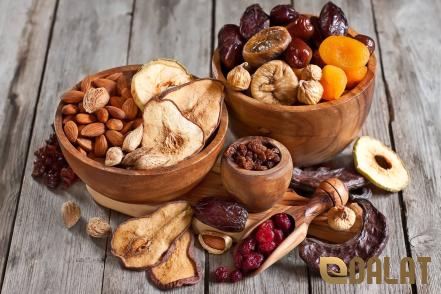
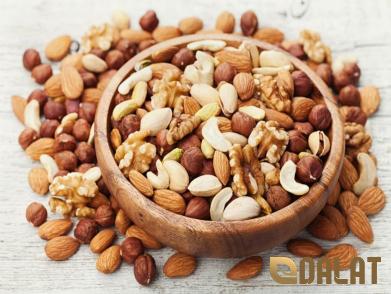
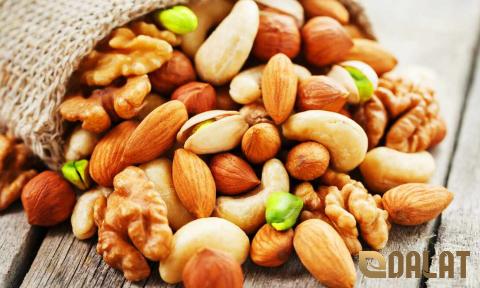
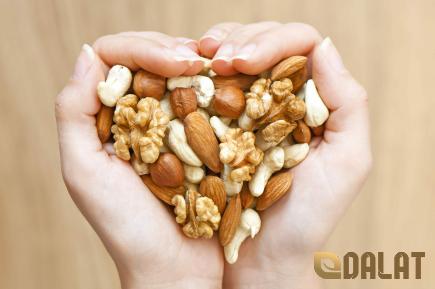
Your comment submitted.